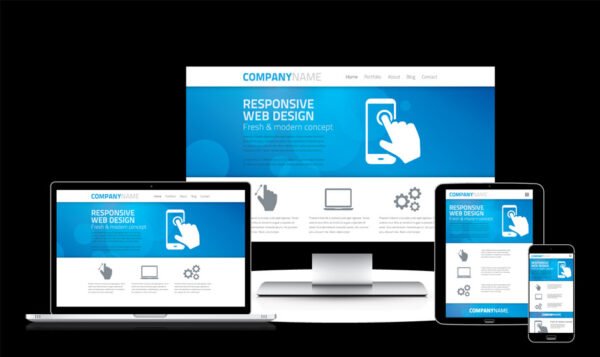Client-Centered Legal Services: Enhancing Communication and Accessibility

As clients become more discerning and technology continues to advance, law firms must adapt to meet their clients’ changing needs and expectations. One key aspect of this adaptation is delivering client-centered legal services, prioritizing effective communication and accessibility. This article will explore various strategies that law firms can employ to enhance client-centered services and also delve into the role of law firm automation tools in improving communication and accessibility.
Understanding Client-Centered Legal Services
At its core, client-centered legal services are all about putting the client’s needs and concerns at the forefront of the legal process. It involves creating an environment where clients feel heard, respected, and empowered throughout their legal journey. This approach strengthens the attorney-client relationship and contributes to better outcomes for clients.
Effective Communication as the Cornerstone
One of the fundamental principles of client-centered legal services is effective communication. Lawyers must ensure that clients are informed at every stage of their case, from the initial consultation to the resolution. Here are some strategies for law firms to enhance communication:
Regular Updates: Law firms should establish a protocol for providing regular updates to clients. This can be in the form of phone calls, emails, or secure online portals, depending on the client’s preference. Regular updates help clients stay informed and reduce anxiety about the progress of their cases.
Active Listening: Lawyers should actively listen to their clients’ concerns and questions. This builds trust and ensures that the legal strategy aligns with the client’s goals and priorities.
Clear and Jargon-Free Communication: Legal jargon can be intimidating for clients. Lawyers should strive to communicate in plain language, making it easier for clients to understand the complexities of their cases.
Breaking Down Barriers
Accessibility is another crucial aspect of client-centered legal services. Clients should have easy access to legal resources, documents, and their legal team. Here are some strategies to improve accessibility:
24/7 Online Portals: Law firms can offer secure online portals where clients can access case-related documents and updates and communicate with their attorneys at any time. This provides clients with flexibility and convenience.
Remote Consultations: With the advent of video conferencing technology, law firms can offer remote consultations, making it easier for clients who may have geographical or mobility constraints to access legal services.
Transparency in Fees: Being transparent about legal fees and providing options for payment plans can make legal services more accessible to a broader range of clients.
The Role of Automation Tools
Automation tools play a pivotal role in enhancing communication and accessibility in client-centered legal services. These tools streamline processes, reduce administrative burdens, and allow lawyers to focus more on client interactions. Here’s how law firm automation can make a difference:
Automated appointment scheduling systems allow clients to book consultations at their convenience. This eliminates the back-and-forth of scheduling and ensures that clients can secure a meeting when they need it.
Automation tools can organize and manage legal documents efficiently. Clients can access and sign documents electronically, reducing the need for physical paperwork and simplifying the documentation process.
Embracing Technological Advancements
In an era of digital transformation, law firms that embrace technological advancements are better equipped to provide client-centered services. Investing in the right software and tools that align with the firm’s goals and the needs of its clients is essential.
Conclusion
Client-centered legal services are not just a trend but necessary in today’s legal landscape. Effective communication and accessibility are the cornerstones of this approach, fostering trust and better outcomes for clients. Automation tools further enhance these aspects by streamlining processes and making legal services more convenient. As law firms continue to evolve, prioritizing client-centered services and embracing technology will set them apart in providing exceptional legal representation and support.



